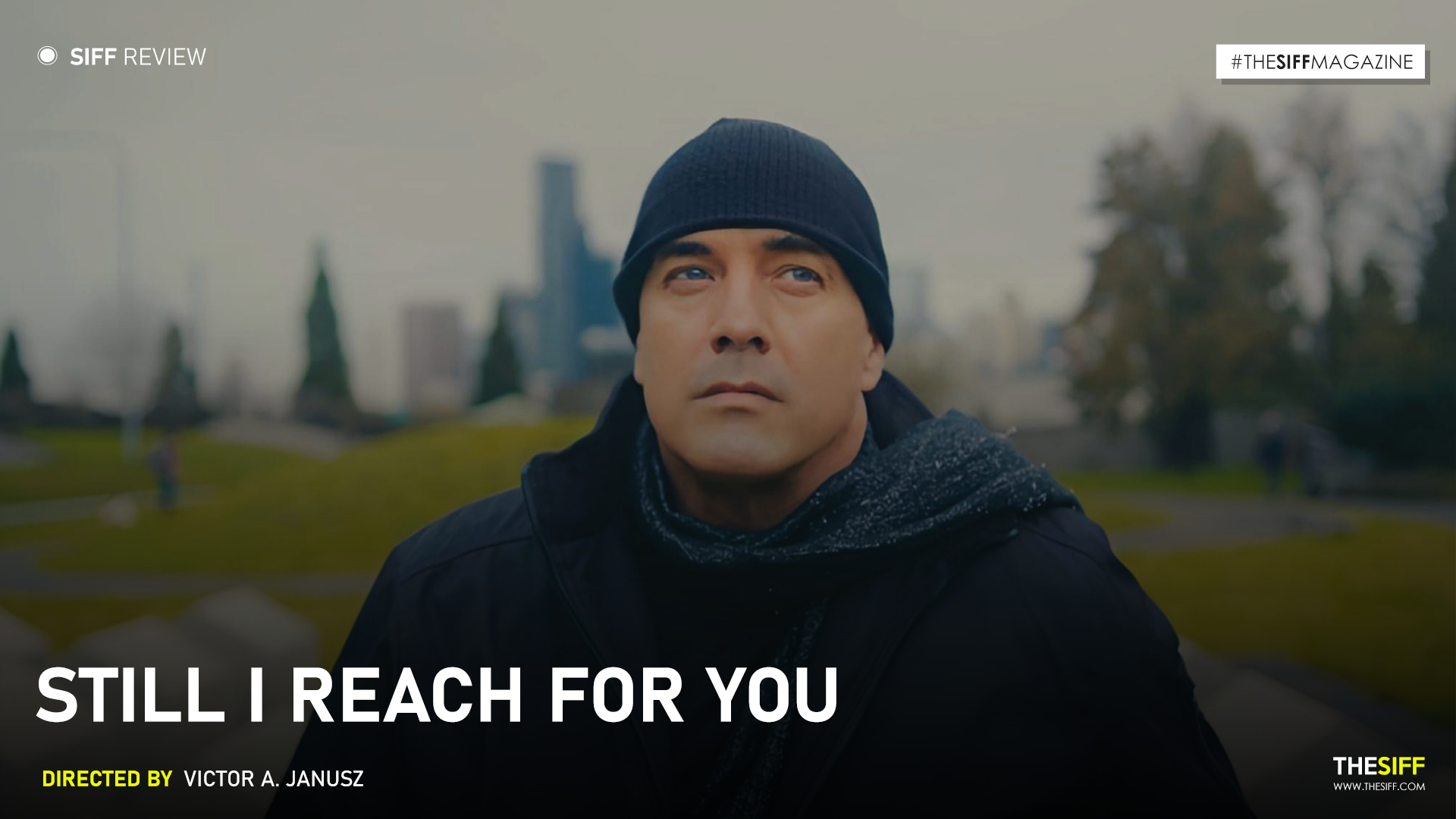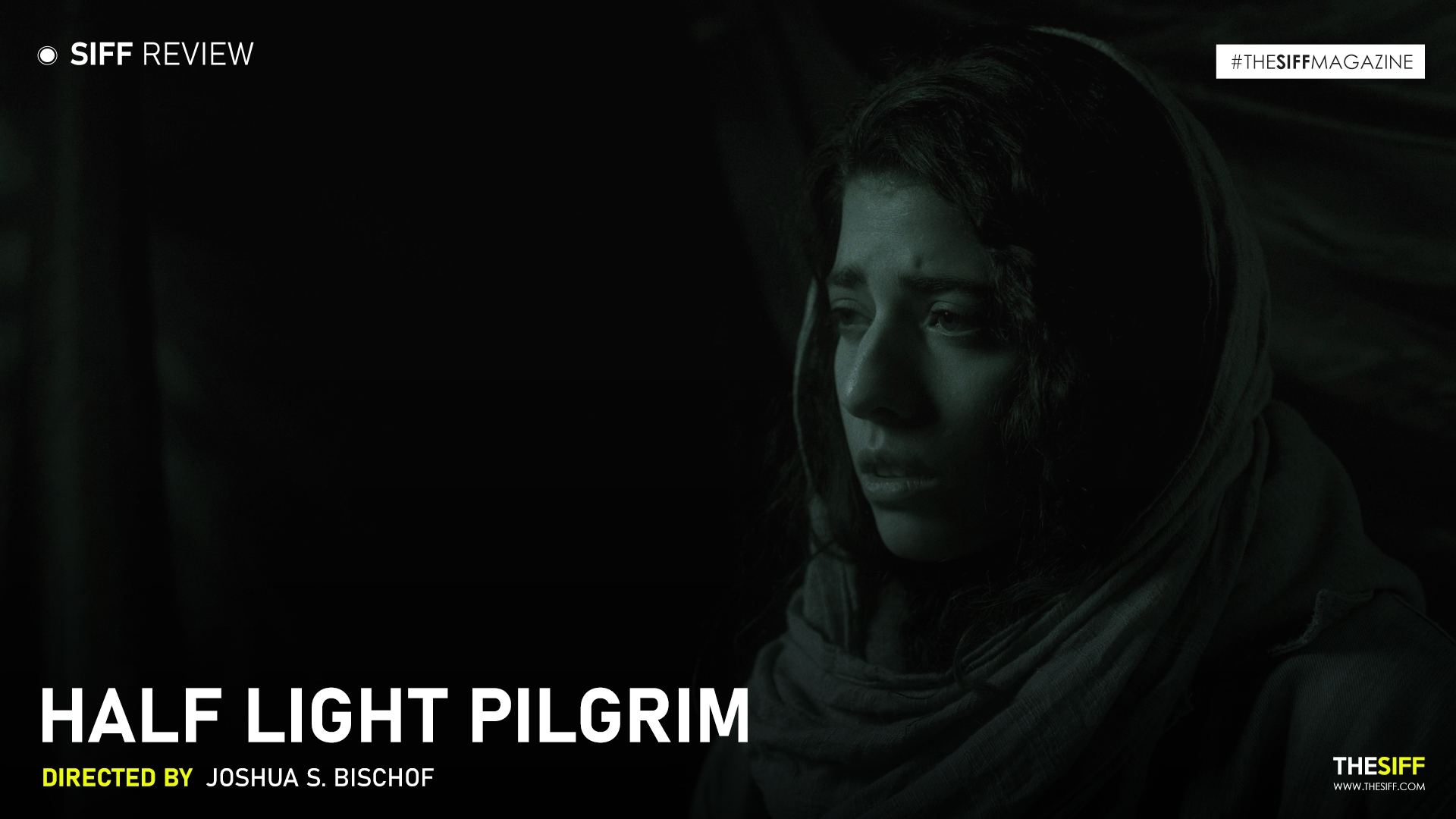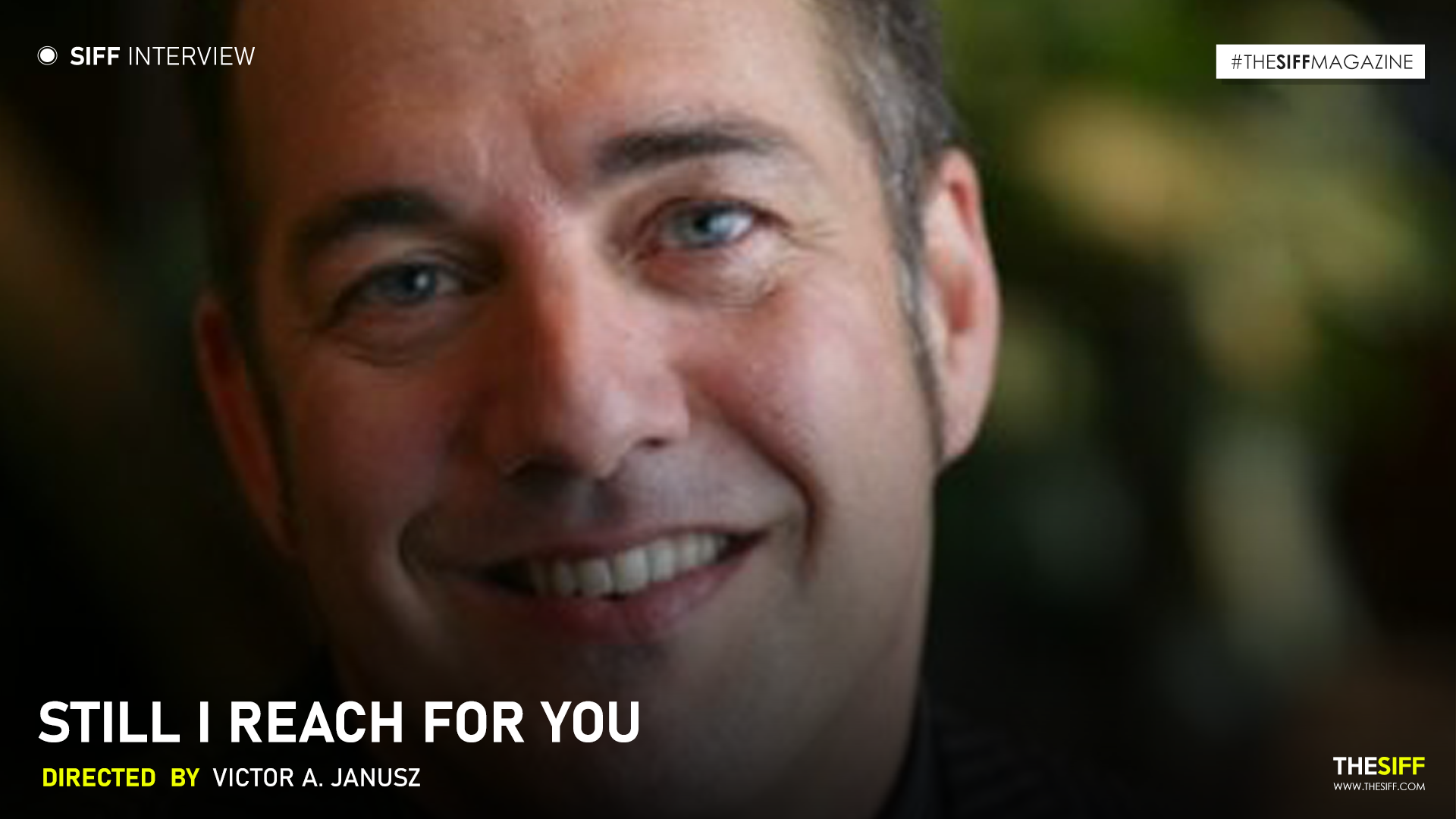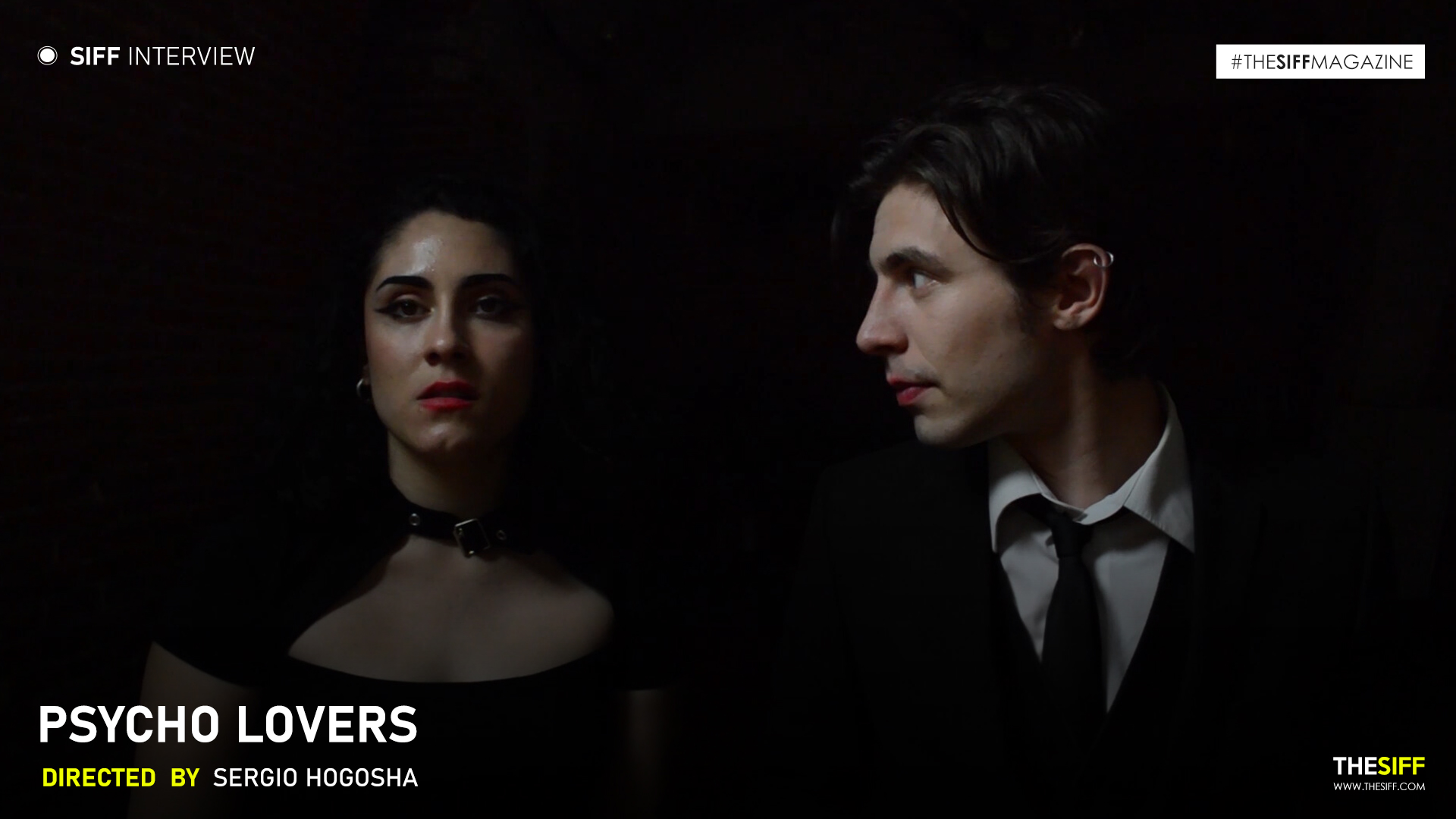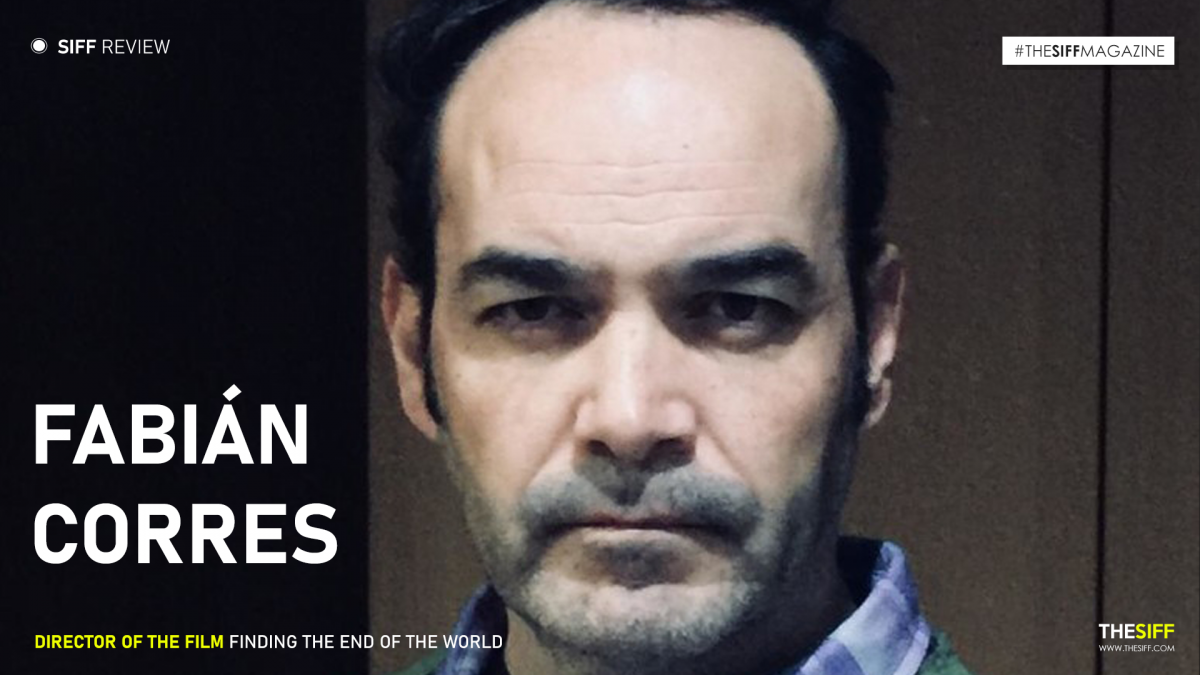
Movie : Finding the end of the world
Director : Fabian Corres
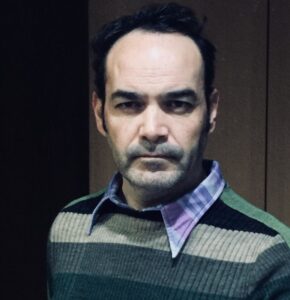
1. Tell us about your love for movies.
My love for cinema is hereditary. For my parents it was important in their education and later in their loneliness when they separated. I remember my mother coming out of her reality and coping in different ways after seeing her movies at 11 pm and ending at dawn. I am an accumulator of images to which I like to give independent life and then join them to give life a better understanding.
2. What got you hooked to the domain of the bioscope?
There is probably no image that gives me more peace of mind than the movement of leaves in the air. And if it is accompanied by the sun’s rays that cross through them, the better. Being able to accompany movement with natural light and create an image that can tell a story is perhaps the only obsession that accompanies me every day.
3. Do you remember the first movie you watched? What was the experience like? Do you have an interesting story to share about the specific experience of watching your first movie?
The first movie is surely something that I don’t keep in my memory… But the two movies that left a mark on me at age 11 were “A Long Hot Summer” and “Papillon”. The experience was simply unique. Paul Newman became the most important artistic and human image of my life. And the moment when Steve McQueen jumps to take the 7th wave and leave the island abandoning Dustin Hoffman did not let me sleep for weeks feeling the pain in the character’s reaction again. To this day I am moved.
4. What do you think is the significance of stories these days? Do you think we run the risk of disappearing without them?
I believe that telling stories today is the only opportunity we have as human beings to recreate and be mirrors of everything that concerns us and take responsibility, delve into the soul and the thought of what makes us enjoy or torments us.
5. What were the genres you preferred watching? Who were your favorite directors? Were you inspired by them? The way they told their stories, the messages in them.
I never think if one genre provokes me more than another. I just believe in organic. Be it comedy or farce. In the credibility is play or melodrama. In what is precise whether is tragedy or magical realism.
I have many favorite directors, Lars von Trier, Susanne Bier, Jim Sheridan, Luc Besson, Felipe Cazals, Martin Scorsese, Jean Paul Rappeneau, Terrence Malik.
I am inspired by the unique visual language of each of them. The perfect narrative, the value of the pauses and the rhythms in its cuts. Music and sounds valued at their best. The human courage to tell each story with unique precision.
6. Would you recommend a few movies for us? What would be your top five, all time favorite movies? Movies you believe everyone must watch.
I think everyone should see In the Name of the Father, Cyrano de Bergerac, The Big Blue, Bicycle Thieves, Cinema Paradiso.
My top five, maybe it is, My Left Foot, Papillon, Tous les matins du monde, Breaking the Waves, A Long Hot Summer
7. Tell us how you came up with the title. If you were asked to describe your title in one line of course in relation to the movie, what would it be?
The title went through several processes. I Neurosis was the working title. Then, when we saw the material, we found Navegante. Seeing the character on his journey. I like that line to describe you, Navigator. Finding the end of the world is what his youngest son achieves by defining the end of the universe and himself by losing himself immersed in his music and the courage of his eldest son.
8. Tell us about your process of writing the story. Were there parts in the first script when you wrote it initially that you decided to omit later on? On the contrary, did you make significant points to it?
Writing the script was a process of choosing certain writings regarding the theme and a commissioned script that later during the filming took on strength and total form. I believe in that. There are many things that were transformed after obtaining the material from the homeless man who supported the entire project.
9. Tell us something about the performances in the movie. Do you believe the importance of actors decreases in a plot driven movie and it increases if the plots are character driven? Do you believe that the two can successfully come together?
For me acting is the fine point of a dramatic system, the values of credibility and organization come from communion with the creative and sensitive act of the actor.
10. Do you think preponderant technical brilliance enhances the quality of a movie? In the realm of the modern movie, where do you think these two aspects are? Story/ performances on one side and technical aspects on the other. Further, do you think one can dominate the other?
I believe that technical brilliance goes hand in hand with sensitive brilliance, with the openness of the soul. It is a search, for me that search is aesthetics and its destiny is the human eye and ear as well as the stylistic formation of each being.
It is certainly a matter of taste. And understanding of the cinema itself. For me, cinema is the quintessential phenomenon to unite the technical with a story and lead in an honest way, via performances, to the perfect narrative and that is automatically another aesthetic search.
11. Tell us something about the colors in the movie. Were they used in a certain way in the movie to induce certain specific feelings? Specifically the colors blue and purple.
Undoubtedly, nostalgia and untimely meeting are our colors. Blue as the terminus of everything in the mind of a child. The purple as a tone of strength in the harmony of pure lonely beings and I would add the orange that always appears in small details as a sign of life and joy rarely seen or distinguished.
12. Certain scenes evoke a certain sense of nostalgia. The background score adds to it , the song used in the beginning of the movie for example or the one used towards the end are soothing and give us solace. Would you say something about this?
The music practically had the same exercise as the filming. León Felipe, the musician, also chose to lose himself in abandonment to create a propitious state of mind that would hold hands with the images. And yes, nostalgia is an emblematic part of my beliefs as part of creation. Living in a constant sense of abandonment, still finding happiness and coherence seems fundamental to me in the human sense of life. The more we understand suffering, the better we manage happiness.
13. Was there a specific inspiration for the movie? A work you deliberately studied as a part of your research.
Yes. The street situation and the loss of being is something to which I have dedicated time and study in my life. For me, all human beings live in this paradox between assuming sufficiency as an individual or losing yourself in society and its guilds, which in my experience transform honesty and the most sensitive parameters of who we are.


